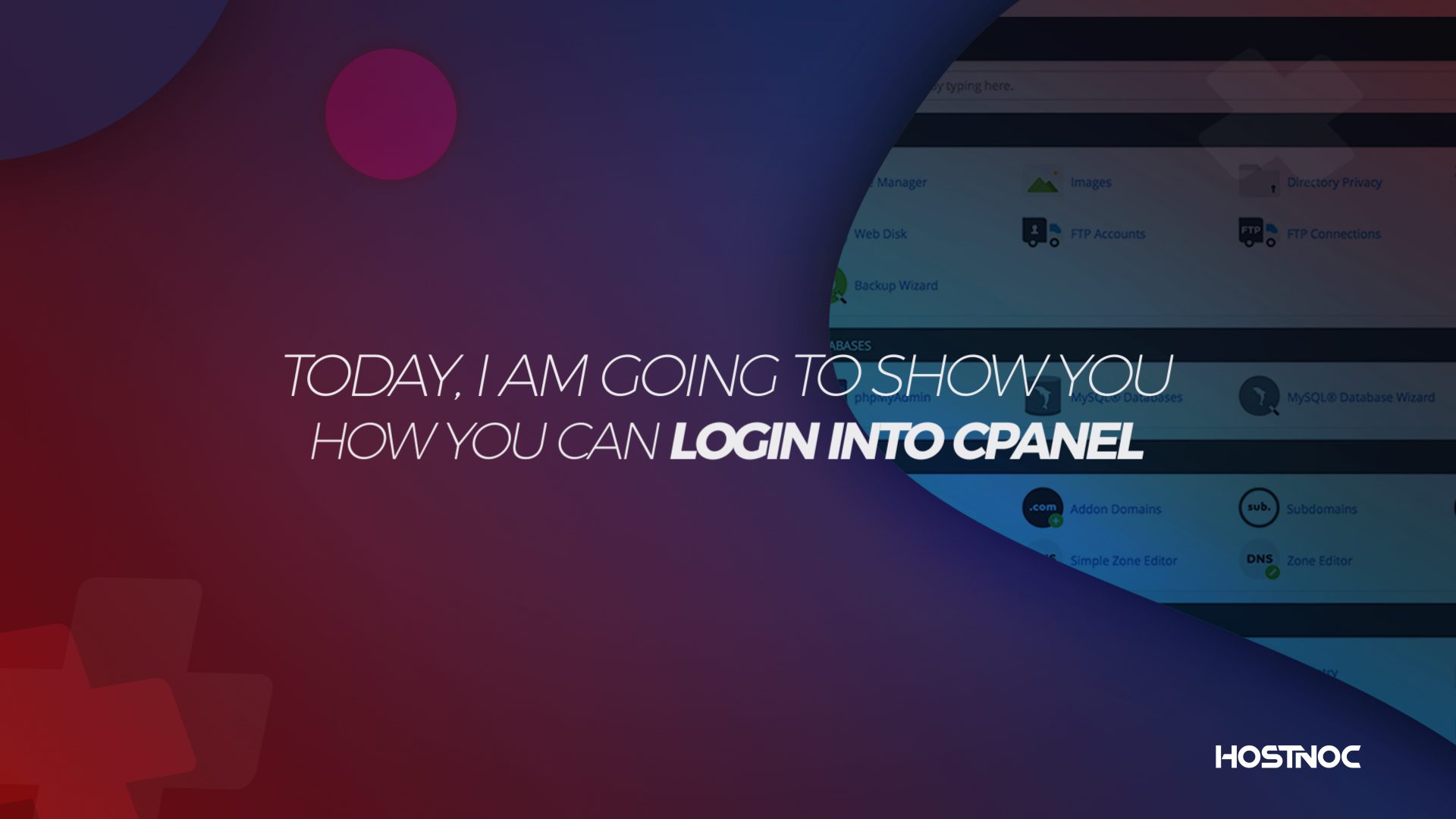Blogs
Home / Blog


Outsourcing has become a popular strategy for companies looking to reduce costs, increase efficiency, and focus on their core competencies. However, choosing between multi-vendor outsourcing and single-vendor outsourcing can be a challenging decision for businesses. In this article, we will explore the differences between these two and help you determine which one is the best fit for your organization.
Single vendor outsourcing involves hiring a single vendor to provide all the services or products you need. For instance, you might hire a single vendor to handle all of your IT needs, including software development, infrastructure management, and help desk support.
Some of the advantages of single vendor outsourcing are:
Some of the disadvantages of single vendor outsourcing are:
Multi Vendor outsourcing involves hiring multiple vendors to provide different services or products to your company. For instance, you might hire one vendor to manage your IT infrastructure, another vendor to handle your marketing campaigns, and a third one to provide customer support.
Some of the advantages of multi vendor outsourcing include:
Some of the disadvantages of multi-vendor outsourcing are:
Before choosing between multi-vendor outsourcing and single-vendor outsourcing, there are several factors that you should consider. These include:
The first factor to consider is your company’s unique needs. What services or products do you need to outsource, and how important are they to your business operations? Are these services specialized, or can they be provided by a generalist? Do you need to outsource to multiple vendors to cover all of your needs, or can a single-vendor provide everything you need?
Cost is a significant factor in any outsourcing decision. Multi-Vendor outsourcing can create competition among vendors, which can drive down costs. However, it can also increase management and coordination costs, which can offset any savings. Single-vendor outsourcing can simplify operations, but it can also lead to higher costs if the vendor has a monopoly on the services or products you need.
The expertise of your outsourcing vendor is critical. If you need specialized services, you should look for vendors with expertise in those areas. If you need more generalized services, a single vendor may be able to provide them all. In either case, you should evaluate the vendor’s experience, references, and qualifications to ensure they can meet your needs.
The quality of the services or products provided by your outsourcing vendor is another essential factor to consider. You should look for vendors with a track record of delivering high-quality work and meeting deadlines. You should also consider the vendor’s approach to quality assurance, such as their testing processes and quality control measures.
The ability of your outsourcing vendor to be flexible and adapt to your changing business needs is also critical. You should look for vendors who can work with you to create customized solutions and adjust their services or products as needed.
Finally, you should consider the risks associated with outsourcing. What happens if the vendor fails to deliver on their promises? What is the backup plan? You should evaluate the vendor’s financial stability, reputation, and liability insurance to ensure you are protected in case of any issues.
When choosing between multi-vendor outsourcing and single-vendor outsourcing, you should consider your business needs, cost, expertise, quality, flexibility, communication, and risk. By carefully evaluating these factors, you can make an informed decision and choose the outsourcing model that best meets your needs and supports your business objectives.
The decision to choose between multi vendor outsourcing and single vendor outsourcing depends on your company’s unique needs and circumstances. If you need specialized expertise in different areas and are willing to manage multiple vendors, multi vendor outsourcing may be the best choice. If you want a simpler approach and are willing to sacrifice some specialization, single vendor outsourcing may be the best choice.
In general, multi-vendor outsourcing may be a better choice for larger organizations with more complex needs, while single vendor outsourcing may be a better choice for smaller organizations with simpler needs. Whatever your decision, it is essential to carefully evaluate potential vendors and ensure they have the expertise, experience, and resources needed to meet your needs. With the right vendor and approach, outsourcing can be a powerful tool to help your business grow and thrive.
Would you go for single vendor outsourcing or multi vendor outsourcing? Share it with us in the comments section below.
Enter your email to receive the latest news, updates and offers from HostNoc.
